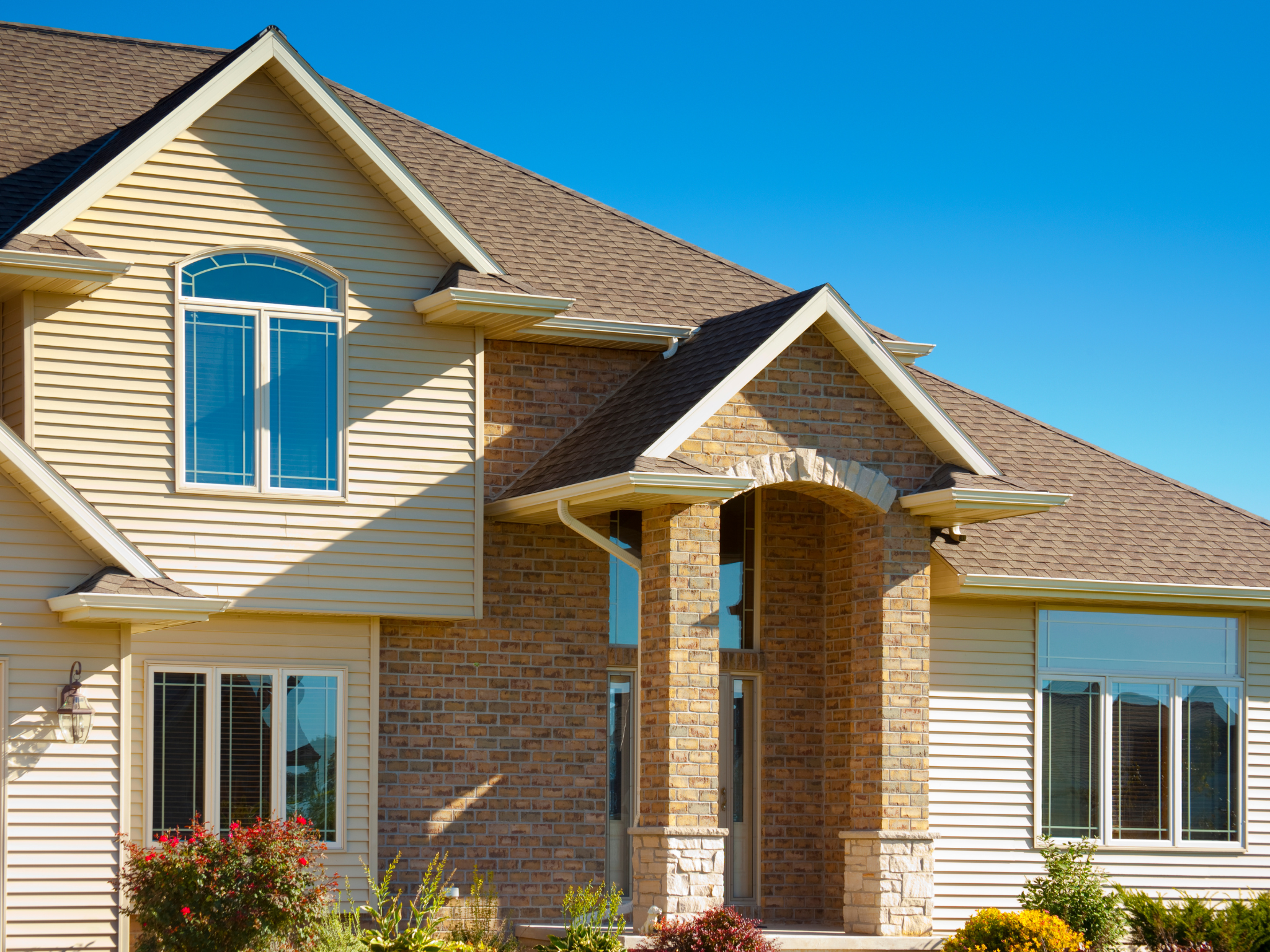Problem: Environmental Concerns Growing in Real Estate

Albert Dweck Duke Properties: The property industry is under ever-mounting pressure to be more sustainable in light of the planet’s environmental concern. Real estate development and property management conventionally lead to environmental degeneration through excessive energy consumption, excessive carbon emission, and poor waste management practices among others. Buildings are estimated to account for approximately 40% of carbon emissions throughout the world. It emanates mainly from construction and operational activities such as heating, cooling, and lighting.
Energy-efficient buildings are no longer a trend, but rather a mandate. Governments worldwide are increasingly setting regulations and encouraging the real estate industry toward lesser environmental impacts. For instance, the U.S. introduced local legislation, such as New York City’s Local Law 97, which demands that building owners cut emissions or face penalties starting in 2024.
Resident Privileges
Albert Dweck, Duke Properties CEO advises Property owners and developers who do nothing on the matter of sustainability risk higher costs into the future for fines, lost tenants, and reduced property values. Beyond regulations, tenants, investors, and buyers want more properties that are sustainable. In a survey carried out by PwC, it was outlined that for many real estate investors, environmental sustainability has grown to be the main factor.
This rigidity will create problems for them in maintaining their competitiveness in the marketplace.
Agitation: The Economic and Operational Burden of Unsustainable Properties
The unsustainable ones are destructive to the environment and financially hazardous. The buildings that depend on non-renewable energy sources and have high levels of waste are becoming costly to manage today. Energy prices have kept on escalating and, related to inefficient buildings, they have become a financial load for property owners. Furthermore, new environmental policies render them even more expensive as fines and imposed renovations force owners to invest way more money.
Besides that, many companies and individual tenants today look for properties reflecting their commitments towards the environment. According to a study conducted by Deloitte, 61% of real estate respondents believe embedding ESG criteria is crucial for future investments.
Properties failing to meet the above standards also risk losing their tenants to greener and more sustainable competitors, thereby fostering vacancies and loss of revenue. Unendurable buildings may also demur investors, lower the value of the property, and bring about lower returns.
Solution: Albert Dweck Duke Properties Discusses Bringing Sustainability to Real Estate
Albert Dweck, Duke Properties CEO, a real estate expert, maintains that the incorporation of sustainability into the strategy of real estate holds the key to all these issues. With sustainable practices, property owners and developers can comply with regulations apart from benefiting long-term from a financial perspective. Following are several key ways to make real estate sustainable:
Energy Efficiency: The best approaches to reducing environmental impact, as well as operational costs, lie in the upgrading of buildings with energy-efficient systems. These would mean energy-efficient lighting, HVAC systems, and windows contributing to minimizing utility bills. It is estimated by the U.S. EPA that ENERGY STAR-certified buildings save 35% on average compared to other typical buildings.
Sustainable Materials: The use of sustainable materials in the building process, for example, steel that has been recycled or wood from an environmentally responsible source, guarantees the least environmental degradation at the front end of the building’s lifespan. Often, these materials are longer-lasting and thus have lower long-term maintenance costs. Properties are also putting in green roofs or solar panels that lessen the creation of heat islands and energy consumption.
Water Conservation: Albert Dweck from Duke Properties recommends that property managers employ water-conserving technologies such as low-flow toilets and faucets installed with aerators, and smart irrigation systems. In addition to attracting environmentally sensitive tenants, such buildings would enjoy reduced utility bills.

LEED Certification and Green Building Standards: Various certifications, like LEED-building certification, mean formal recognitions of the building’s steps towards sustainability. Such accreditation also heightens property value and attracts tenants willing to pay more for eco-friendly space. According to the U.S. Green Building Council, LEED-certified buildings have reduced their carbon emissions by about 34% and their energy usage by 25% compared to non-certified buildings.
Sustainability in Property Management: Property managers can implement environmental sustainability in their operations through effective waste management, a recycling program, and minimizing the carbon footprint resulting from building maintenance. This assists in decreasing operation costs for the future and helps in environmental conservation.
Conclusion: Why Sustainability Matters
Energy efficiency is no longer an option within the real estate industry but a basis of competitiveness in today’s market. Sustainable design provides a clear advantage in the operation cost savings, betterment of property value, and more tenant retention. With regulations increasing, so too is the demand by consumers for eco-friendly properties. Albert Dweck from Duke Properties’ comments demonstrate how being proactive regarding sustainability not only preserves the environment but also secures a significantly stronger financial future for property owners and investors alike. Energy-efficient technologies, sustainable materials, green building—the list goes on and on of what could be implemented into the industry to allow real estate to meet today’s challenges head-on and ensure long-term success.
